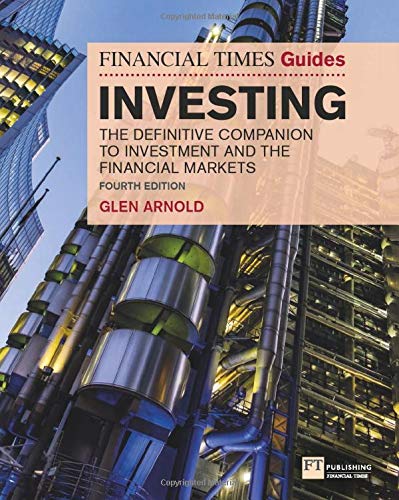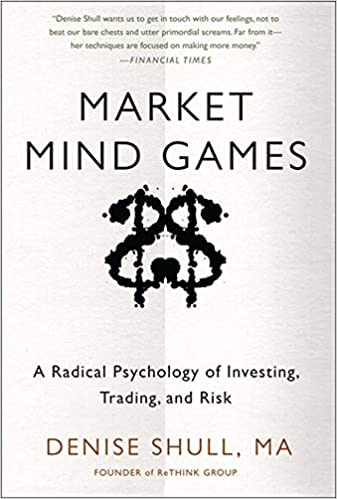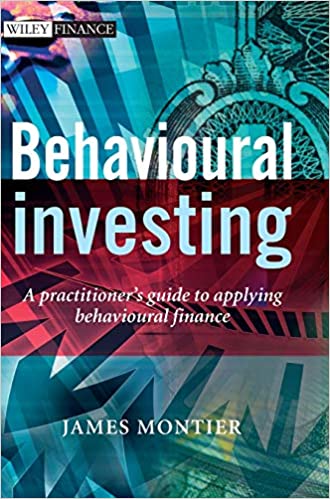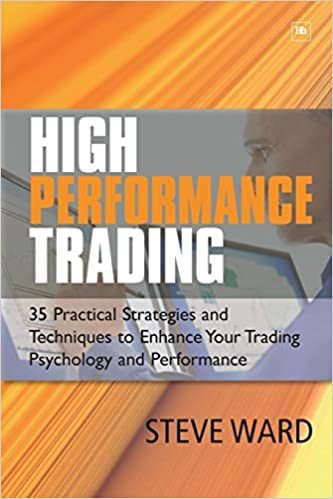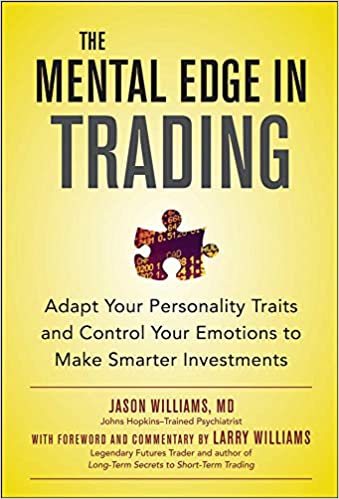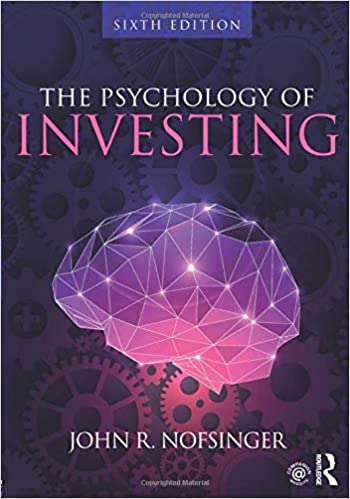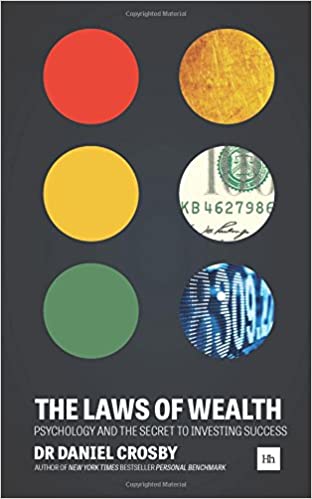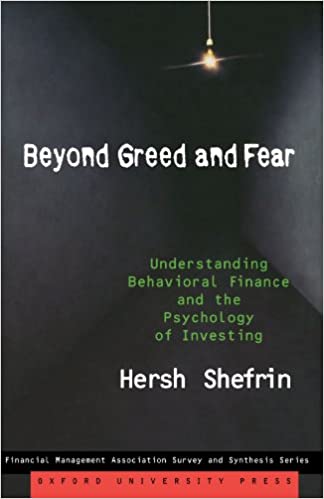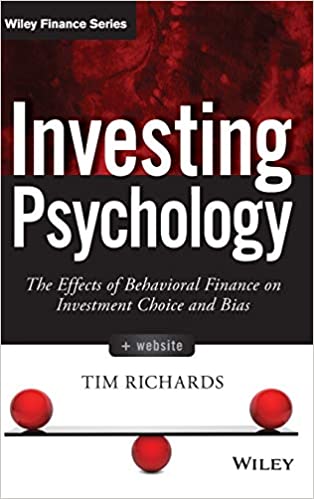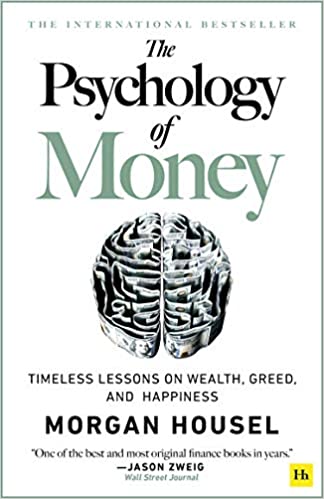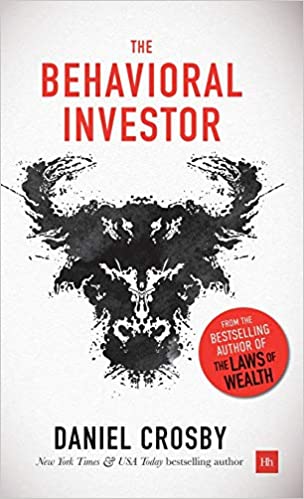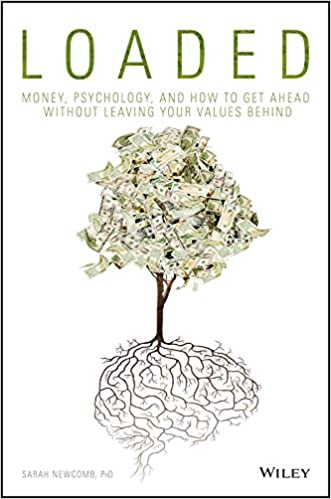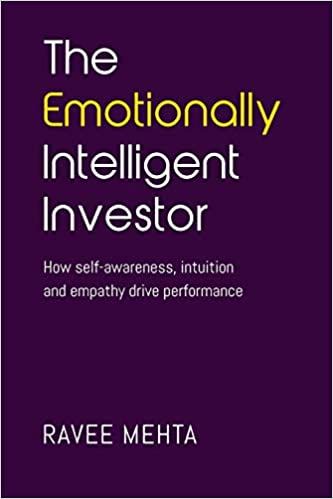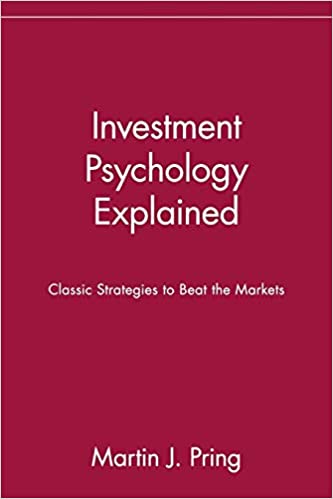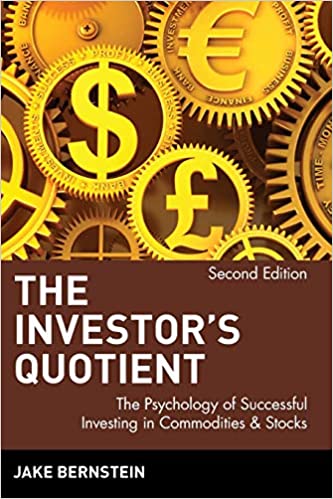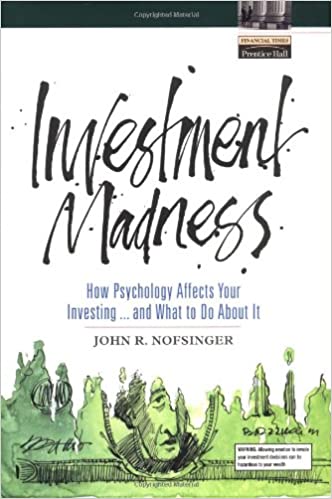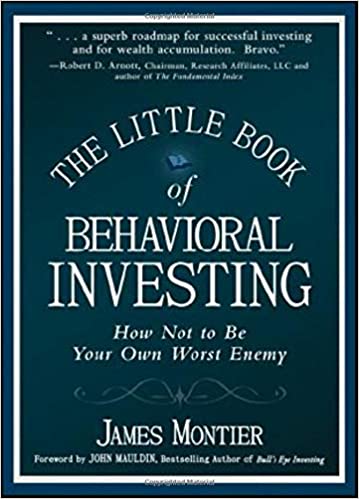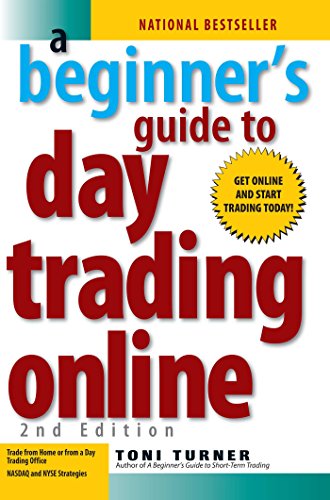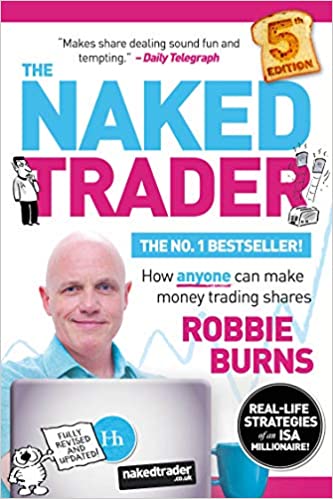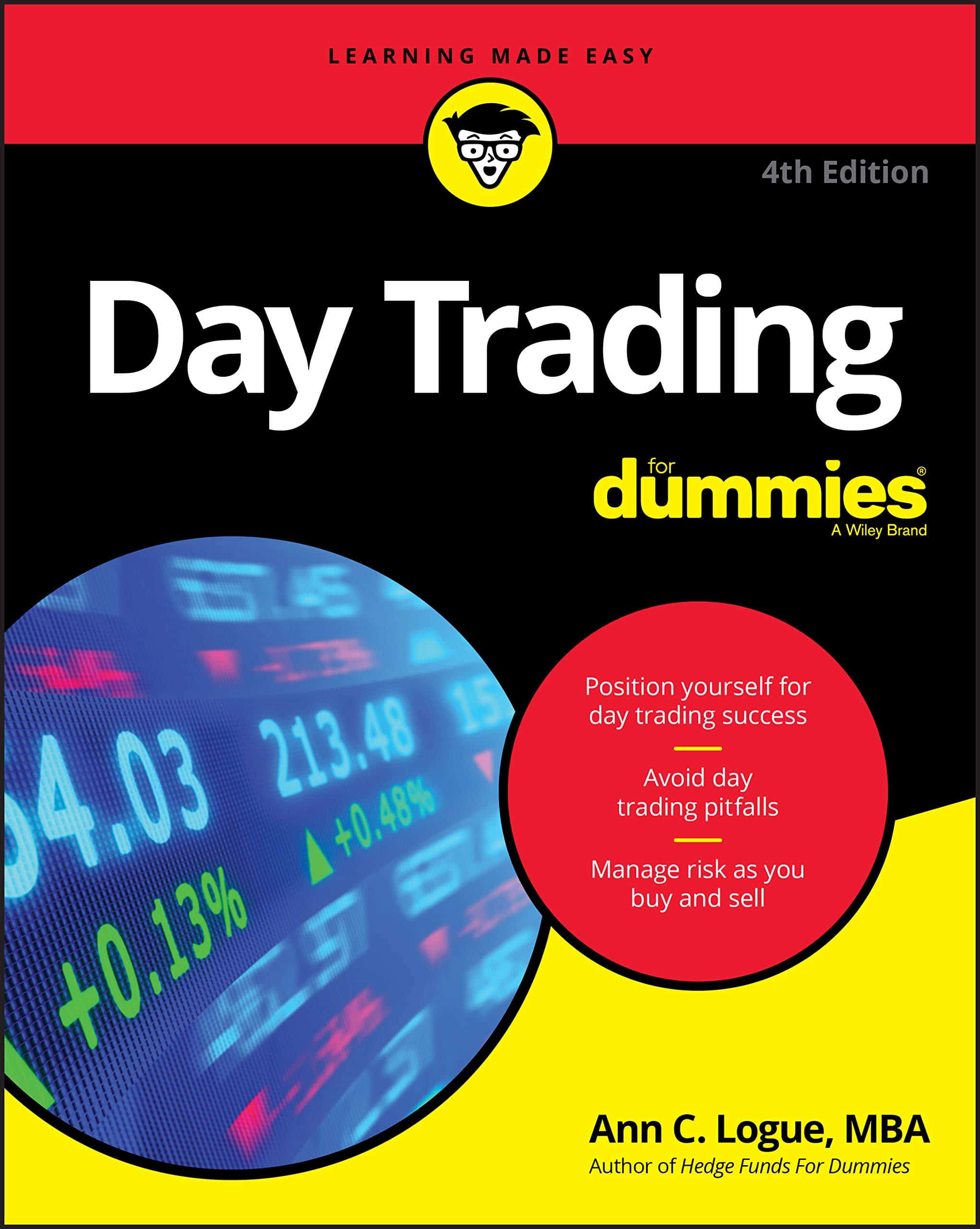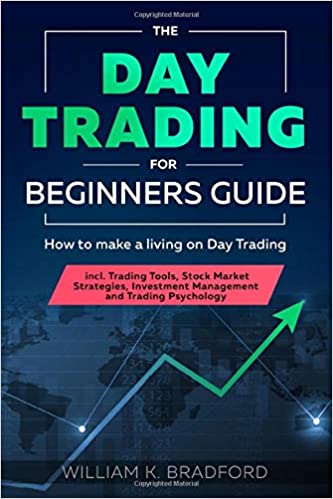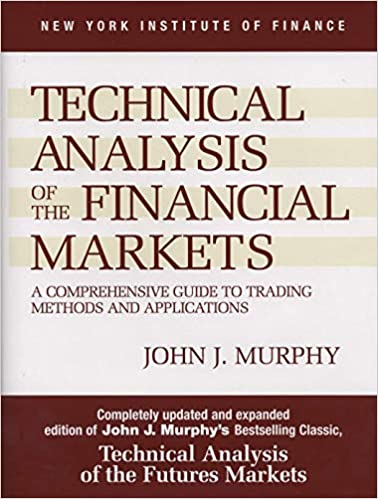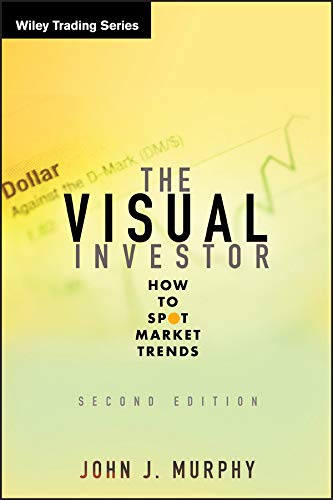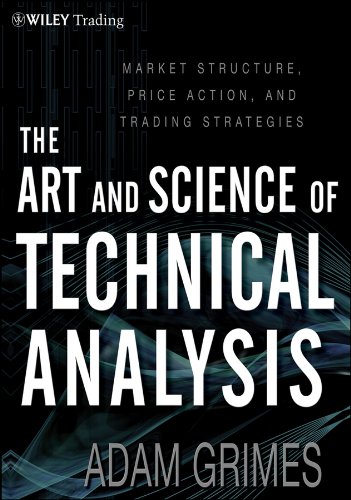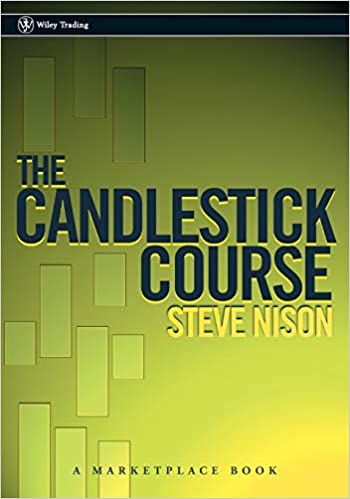Last updated: 20 December 2021. Motorsport works as a useful metaphor when explaining the importance of the best investing psychology books.
Choosing the right stockbroker, is like having the right pit crew. With brutal efficiency, they can reduce the impact that pitstops and other challenges will have on your race.
Choosing the right asset classes is like having the best vehicle. Being within high-performing asset classes is opening the door to a possible win, and giving yourself a high potential performance.
Both of these factors; the crew and the vehicle, are necessary to win a competitive motorsport race. Yet alone they are not sufficient to bring home a trophy. The race will ultimately be decided by the decisions taken by the driver at the wheel = you.
The most important decisions won't be taken with a cool head and plenty of time to deliberate, they'll be taken while you're under significant pressure - sometimes with little time to react.
The best drivers can think strategically, and understand that sometimes the best decision is to simply do nothing at all.
All books featured are beginner friendly and don't assume much prior knowledge. With prices ranging from £5 - £25, stocking up on a few of the best investing psychology and trading psychology books can deliver the same value as an expensive seminar for only a fraction of the cost. They can even be read for free with Amazon's Kindle Unlimited free trial.
Click on any title below to see the latest price from Amazon, you'll be shocked at how affordable the most popular titles are. As an Amazon Associate, I earn a small commission from qualifying purchases which helps to support this site. This does not impact how I compile the list. Happy reading!
Discover prime books on investing and finance
No boundaries, just your curiosity- Invest with confidence
- Finance industries
- Real estate & real assets
- Exotic investments
- The bigger picture
Books reviewed
Financial Expert 2024 Book Awards
Gold Prize
Financial Times Guides: Investing by Glen Arnold
Investing psychology books for day traders or finance professionals
Keeping your cool, maintaining focus and achieving investing discipline as a day trader.Investing psychology books for long term investors
Understand your own mind, and take control of your investment decisions, without being distracted by emotion.Lighter investing psychology reads
More concepts, fewer statistics. Investing psychology in a more accessible formatClassic investing psychology books
Excellent psychology books with classic insights which still apply todayDay trading books for beginners
Getting the basics right - our top pick of books about day trading in generalBooks on technical analysis & chart reading
It's the perfect pairing: investing psychology and technical analysis skillsDownload all these investing books for free with Kindle Unlimited
You DON'T even need a Kindle device to download booksHere's a useful tip that will save you £100+ on investing psychology books. Sign-up to Amazon's Kindle Unlimited free trial, which offers access to all titles for free for 30 days.
- There's no obligation to continue with a paid subscription.
- You don't even need a Kindle to enjoy - any device will do.
If you're cost-savvy, you'll already be calculating the savings you could unlock and the knowledge you could gain by downloading 5 books over the next 30 days.
My Top 5 Investing Psychology Books for 2022
Click covers to see latest reviews and prices1. Behavioural Investing - James Montier
Financial Expert Rating:
Synopsis:
"Behavioural investing seeks to bridge the gap between psychology and investing. All too many investors are unaware of the mental pitfalls that await them. Even once we are aware of our biases, we must recognise that knowledge does not equal behaviour. The solution lies is designing and adopting an investment process that is at least partially robust to behavioural decision-making errors.
Behavioural Investing: A Practitioner’s Guide to Applying Behavioural Finance explores the biases we face, the way in which they show up in the investment process, and urges readers to adopt an empirically based sceptical approach to investing. This book is unique in combining insights from the field of applied psychology with a thorough understanding of the investment problem. The content is practitioner-focused throughout and will be essential reading for any investment professional looking to improve their investing behaviour to maximise returns."
Who this book is for:
Behavioral Investing by James Montier is my go-to book for investing psychology.
Aimed at finance professionals and traders, it also doubles-up as a useful resource for any switched-on investor.
Written by internationally renowned expert in his field, James Montier has actually penned another investing psychology book featured on this top 5 list.)
Look forward to practical examples showing how using a psychologically inspired model can improve on common investing practice.
This book is all about the real-world application of investing psychology, and not just creating a few 'aha' moments in your head while reading.
It's this commitment to application which lands this book so highly in my list. This is an investing psychology book you can actually use.
Financial Expert Rating:
Synopsis:
"High Performance Trading provides proven practical techniques and strategies to help traders of all abilities, experience levels and styles to enhance their trading performance and psychology.
Based on practical coaching and training interventions, personal experiences, the latest research and feedback, and advice from leading traders, trading coaches and trading psychologists, this book offers something for everyone who wants to become a better trader."
Who this book is for:
High performance trading is the only investing psychology book which I've featured on my top 5 list which focuses on short-term trading or day trading.
Day trading carries additional stress, including the emotional and psychical burden of working your craft for 8+ hours per day.
If you're a day trader, you should seek out a specialist investing psychology book which takes care of these angles as well as the traditional investor dilemmas of 'buy v sell' and 'greed v fear'.
Financial Expert Rating:
Synopsis:
"In The Behavioral Investor, psychologist and asset manager Dr. Daniel Crosby examines the sociological, neurological and psychological factors that influence our investment decisions and sets forth practical solutions for improving both returns and behavior. Readers will be treated to the most comprehensive examination of investor behavior to date and will leave with concrete solutions for refining decision-making processes, increasing self-awareness and constraining the fatal flaws to which most investors are prone.
The Behavioral Investor takes a sweeping tour of human nature before arriving at the specifics of portfolio construction, rooted in the belief that it is only as we come to a deep understanding of why that we are left with any clue as to how we ought to invest."
Who this book is for:
The Behavioral Investor is the best selling psychology title from Daniel Crosby which shot onto this list as soon as it was published.
This is a title which is as relevant to an investing beginner as it is to an advanced investor with decades of buying shares under their belt.
Daniel has created a deeply intriguing and enjoyable read which has caused me to really question my own investing practices at more than one point while reading.
I hope that you can also be inspired by the chapters as I was!
Financial Expert Rating:
Synopsis:
"From New York Times and USA Today bestselling author, Dr Daniel Crosby, comes the behavioral finance book all investors have been waiting for.
In The Laws of Wealth, psychologist and behavioral finance expert Daniel Crosby offers an accessible and applied take on a discipline that has long tended toward theory at the expense of the practical. Readers are treated to real, actionable guidance as the promise of behavioral finance is realised and practical applications for everyday investors are delivered.
Dr. Crosby's training as a clinical psychologist and work as an asset manager provide a unique vantage and result in a book that breaks new ground in behavioral finance. You need to follow the laws of wealth to manage your behavior and improve your investing process!"
Who this book is for:
It's Daniel's second book on this top 5 investing psychology books ranking, and it's equally as merited.
The Laws of Wealth precedes the Behavioural Investor, being published two years earlier in 2016.
In the book, Crosby presents a framework of timeless principles for managing your behavior and your investing process. He begins by outlining ten rules that are the hallmarks of good investor behavior, including 'Forecasting is for Weathermen' and 'If You're Excited, It's Probably a Bad Idea'.
He then goes on to introduce a unique new taxonomy of behavioral investment risk that will enable investors and academics alike to understand behavioral risk in a newly coherent and complete way.
Financial Expert Rating:
Synopsis:
"In The Little Book of Behavioral Investing, expert James Montier takes you through some of the most important behavioral challenges faced by investors. Montier reveals the most common psychological barriers, clearly showing how emotion, overconfidence, and a multitude of other behavioral traits, can affect investment decision-making.
- Offers time-tested ways to identify and avoid the pitfalls of investor bias
- Author James Montier is one of the world's foremost behavioral analysts
- Discusses how to learn from our investment mistakes instead of repeating them
- Explores the behavioral principles that will allow you to maintain a successful investment portfolio
Written in a straightforward and accessible style, The Little Book of Behavioral Investing will enable you to identify and eliminate behavioral traits that can hinder your investment endeavors and show you how to go about achieving superior returns in the process."
Who this book is for:
This is the perfect investing psychology book for someone who wants to understand this vital element of money mindset in fewer than 250 pages.
'The Little Book' series invites a variety of authors to contribute their concise and condensed take on a specialist finance genre.
James Montier has given his vast body of investing psychology knowledge the 'little book' treatment in this installment, published in 2010. It's now more than a decade old, but it's still incredibly relevant.
The Financial Expert™ Best Investing Psychology Book Challenge

I challenge you to read one book per month and see if it revolutionises your investing style!
The Financial Expert™ Best Investing Psychology Book Challenge is a well-known ethos which lives on this website.
It's a New Years resolution, appropriate for you to begin at any point during the year. Don't bother waiting for the midnight bell to strike on the 31st December!
I've created a challenging inter-personal goal for you to set yourself. You can even ask me to help you hold yourself to it, by leaving a comment on any investing book blog post or by sending me an via email via my contact page.
The way this challenge works is pretty easy to explain in a sentence:
I challenge you to read one investing psychology book each month for a whole year, and find your new favourite!
What's the point of this challenge? To cut down a tree?
Absolutely not, in fact, I'm currently challenging myself to plant trees using Ecologi (see my review).
No, the objective here is to create a legion of investing psychology experts.
It's easy to pick up a single title which takes your fancy, and soak up some interesting 'pop-psych' about investors in general.
But what does it take to immerse yourself in the world of investing psychology and actually master the topic?
The answer is simple: 12 books. 12 of the best investing psychology books is all it takes.
Why 12 months?
I have chosen 12 months as a timeframe, to ensure that as many visitors to my site can actually complete the challenge. This isn't an Iron man tournament - I'm not going to hold up a long list of unsuccessful challenge participants as proof of how 'extreme' the best investing psychology book challenge is.
After all, the more my visitors read, the more I'll feel I've helped connect them to the knowledge they desired. I've done my job, in other words.
Some guidance
- I found it helpful to stock up on books for the next few months, so that when a new month rolls around, my next book was my bed-side table asking to be opened!
- Pick a variety of styles. This will keep the challenge fresh and increase the diversity of opinion.
- Pick at least one book that you don't think you would enjoy, this book might be the one that surprises you the most!
- If you're time-starved, audio books are absolutely fine!
Where to begin?
My list of the best investing psychology books above is as good as any place to start, as I have consciously included a mix of different writing and investing styles to ensure that it caters to a wide audience.
Good luck!
Why investing psychology books are a compelling part of ay investors' education
"In order to be successful, an investor has to understand not just finance, accounting and economics, but also psychology."
If you have a decent investment portfolio. The outcome of whether you can achieve your investment return potential will come down to whether you can effectively steer your investments through windfall and disaster.
Whether day trading (see books) or investing for the long term, it's highly likely that any large losses you happen to incur could have been avoided if you had made investing decisions differently. Investing psychology could have shaped your decision-making process in a more elegant way, and produced the answer which could have avoided that loss.
So we've established that decision making is important, but why is investing psychology so intrinsically connected to it?
The answer lies in what happens when the average investor invests in the stock market. They don't achieve the average stock market return. It was a paradox... until psychologists discovered the explanation.
Retail investors become their own worst enemy, selling low and buying high, despite their very best intentions to do the opposite. It all comes back to investing psychology, and what thought processes, habits and behaviours encourage us to buy and sell.
Mastering investing psychology allows us to actually access this historical stock market return we've heard so much about, (or perhaps do better!).
Explore the best books in more genres
General personal finance
Trading the financial markets



